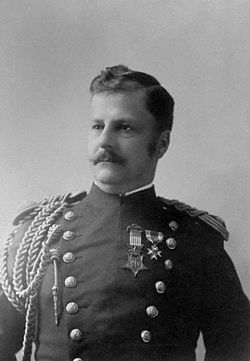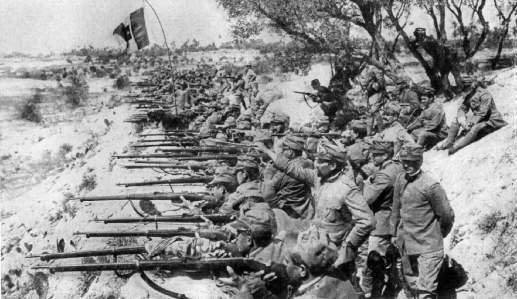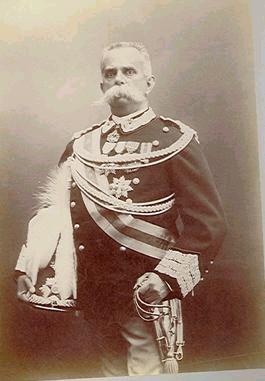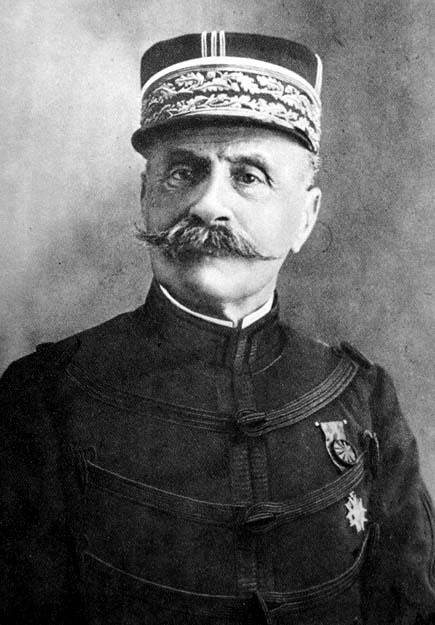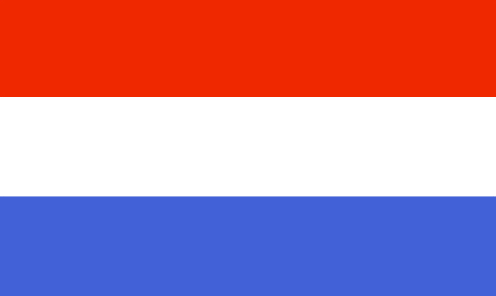agreed... although it would have been interesting to see Prussia try it anyway. if it worked, the Prussians might have decapitated France before it could really begin to fight. i don't know if it had any real chance of working, but it would have been interesting to see nonetheless; especially since von Schlieffen would have actually lived to oversee the implementation of his plan personally.
Ah yes, the Schlieffen Plan. One of the silliest gambles in all of history (almost up there with Pearl Harbor). If it didn't work in OTL, despite Germany being in a stronger relative position than Prussia is here, why would it work now? The logistic complications ruined it in 1914 (to say nothing of 1907), and the strategic situation is even more unfavorable and incompatible. The purpose of the Schlieffen Plan was to knock out France, the perceived weaker of the two Entente powers, in the opening stages of the war quickly, to prevent the war from dragging on. To do so, they sacrificed their long-term strategic viability immediately (as economically, the Entente, primarily British, blockade ruined them).
Belgium's neutrality at present is guaranteed by all major European powers (under the London Treaty), and violating that neutrality makes it much more difficult for Germany to draw Great Britain and America into the war. In OTL, the Schlieffen Plan was a horrid idea, as it ruined Germany's diplomatic image (and handed Great Britain a casus belli on a silver platter). ITTL, its an even worse idea, as it acts as a roadblock to British and American entry into the war (not to mention that France is most definitely stronger, and has the initiative).
Its nice to speculate, but the best Prussia can do in this scenario is sit on the defensive for a time (at most, try an offensive against Austria-Hungary in an effort to keep the Balkan powers from being gobbled up outright, as seems to be their likely future).
